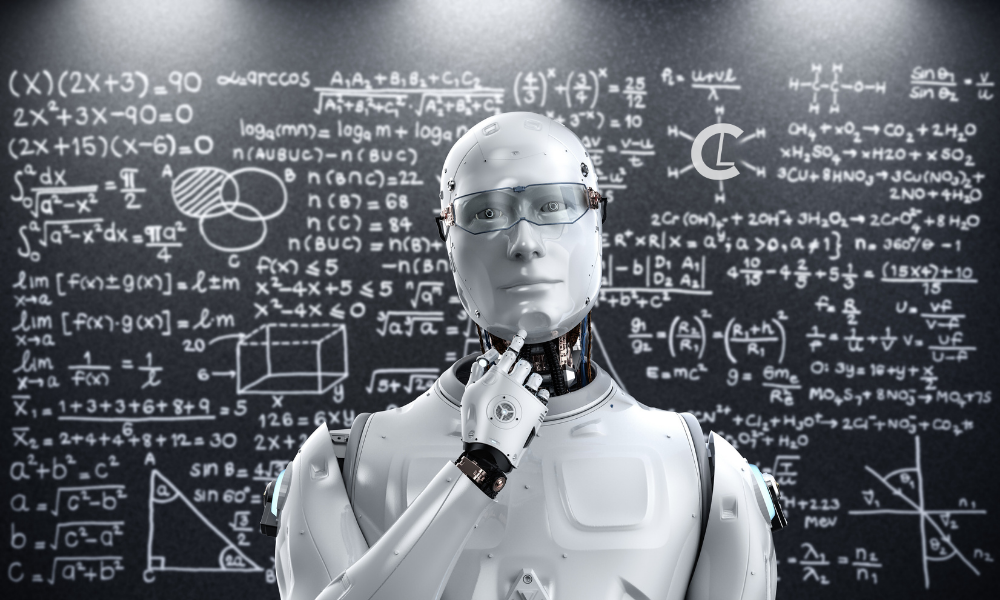Machine Translation (MT) has become essential for businesses operating in multiple languages, but its limitations are well-known. Traditional MT systems often struggle with complex language structures, specialized terminology, and cultural nuances, leading to inaccurate or misleading translations. Large Language Models (LLMs), when properly trained, offer a powerful solution by providing translations that are not only precise but also contextually appropriate. Explore our LLM Training Services.
Overcoming the Limitations of Traditional MT
Traditional MT systems, such as those based on statistical models or rule-based algorithms, often produce translations that lack fluency and coherence. These systems may translate words and phrases literally without considering context or cultural implications. For example, a legal document translated using a traditional MT system might lose its intended meaning, potentially leading to severe consequences. LLMs, conversely, can understand the text’s broader context, ensuring translations are accurate and aligned with the intended message.
Enhancing Translation Accuracy with LLM Training
LLMs are particularly effective in industries where precision is paramount, such as healthcare, legal services, and finance. By training LLMs with industry-specific data, businesses can significantly improve the accuracy of their translations. For example, in the medical field, an LLM can be trained to translate complex medical terminology accurately, ensuring that patient information and clinical reports are communicated clearly and accurately across languages. Similarly, in the legal sector, LLMs can translate contracts and legal documents with high precision, reducing the risk of misunderstandings or disputes.
Cost-Efficiency and Scalability in MT
Traditional translation services can be costly, particularly when dealing with large volumes of text or multiple languages. LLM training offers a cost-effective alternative by automating the translation process while maintaining high accuracy. This automation allows businesses to scale their translation efforts without incurring significant additional costs, making expanding into new markets and managing global operations easier.
Maintaining Consistency in Multilingual Communication
For global brands, maintaining consistency in messaging across different languages is critical. LLMs can be trained to ensure that key terms and phrases are translated consistently, preserving the brand’s voice and identity in every market. This consistency is particularly important in industries like retail and eCommerce, where clear and consistent communication is essential for building trust and driving sales.
Continuous Improvement in MT
One of the most significant advantages of using LLMs for MT is their ability to learn and improve continuously. As businesses gather more data from their translation efforts, LLMs can be updated to reflect the latest language trends, terminologies, and cultural nuances. This continuous improvement ensures that translations remain accurate and relevant over time, providing businesses with a reliable tool for global communication.



